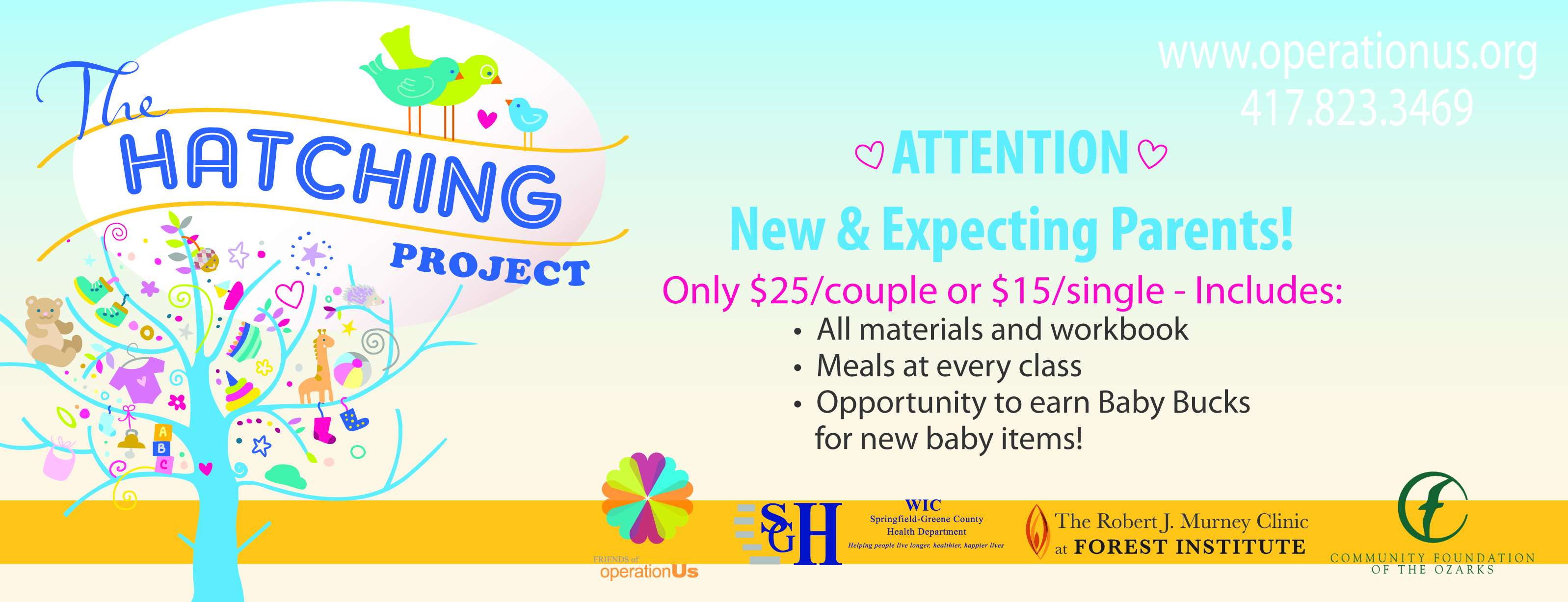 "I can spend my back-to-school money however I want?" questioned our soon-to-be in 8th grade son.
"I can spend my back-to-school money however I want?" questioned our soon-to-be in 8th grade son.
"As long as you spend it on school clothes and supplies," I replied. "That's what it's for, but you can choose how to divvy it up. Remember, though, when it's gone, that's all you're getting from us."
"No problem," he assured me confidently, "I know what I want."
A few years earlier, exhausted by the drama of back-to-school shopping and hoping to teach our children more about personal finance, my husband and I had agreed upon a system whereby we would give our kids a sum of money specifically for supplies and clothing. Then we would accompany them to the store, but allow them to do the shopping. We figured that they could add and subtract, so they should be able to keep track of a declining balance as they spent the funds allotted to them.
The first thing we noticed was a dramatic decrease of whining, pleading and begging in the store. It was no longer necessary to try to convince us how much was needed for a particular item. The choice was theirs and spending more money on one item simply meant there would be less for something else.
The second thing we observed was a significant increase in their decision making deliberation. Last year's school supplies, once lost in the back of a closet, suddenly reappeared and were deemed acceptable for another year. Creativity soared as certain items, once considered unattractive and unacceptable, were repurposed in new and unusual ways. But these positive occurrences did not mean that all the decisions our kids made were good ones.
Bright Blue Shoes and the Back-to-School Budget
Not long after the conversation recorded above, Andrew presented me with his back-to-school buying plan where I noticed he was spending a substantial portion of the entire amount on a pair of bright blue athletic shoes he expected to advance his basketball career to a semi-professional level. His dad and I were dubious about this choice, as well as the fact that his emphasis on shoes left considerably less money for jeans, t-shirts and underwear, but we wanted to allow him the liberty of learning from making his own decisions. We asked a few questions, e.g., "Are you sure you'll want that color all season?" He insisted he did, so we stood back and let him go with the blue shoes.
If memory services me correctly, he was a "standout" on the basketball court that year, but perhaps not in the way he had hoped he might be. His performance did not evidence dramatic improvement, but he definitely made a fashion statement. Perhaps, more importantly, he learned he had the freedom to make his own decisions, as well as his own mistakes, and learn from them.
Permission to Fail
Why is "permission to fail" or make some poor choices important to a child's success? In How Children Succeed, author Paul Tough spends considerable time discussing the impact of poverty and a poor home environment on a child's ability to learn. Surprisingly, he also comments on the problem of affluence for many American children.
It is a central paradox of contemporary parenting, in fact: we have an acute, almost biological impulse to provide for our children, to give them everything they want and need, to protect them from dangers and discomforts both large and small. And yet we know—on some level, at least – that what kids need more than anything is a little hardship: some challenge, some deprivation that they can overcome, even if just to prove to themselves that they can. (p. 84)
The problem with over-doing for a child, is that it fails to bring about character—one of the critical elements for success. According to Dominic Randolph, headmaster at Riverdale Country School, one of New York City's most prestigious private schools, "The idea of building grit and building self-control is that you get that through failure, and in most highly academic environments in the United States, no one fails anything"(p.86).
So if we want our children to succeed, we must give them opportunities to fail. Ideally, these opportunities occur early in life when the price tag for learning is small. In order for children to fail, they must be permitted to make choices, including poor choices. And once those choices are made, parents must allow them to learn from the consequences. We don't have to be harsh or punitive. It's not necessary to say, "I told you so." It's more important to acknowledge that it's hard to be disappointed or frustrated. It's not much fun to make a poor choice. The good news is that next time, they'll be wiser and probably make a much better decision. Let them know that of this, you are confident.
And now that I think about it, I don't believe our son ever spent as great a proportion of his "budget" on athletic shoes again—at least not on bright blue ones.







